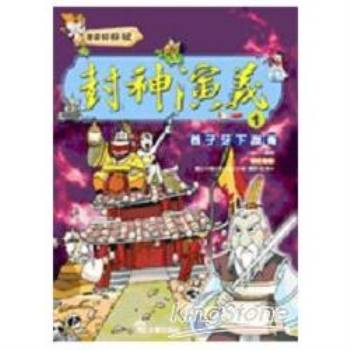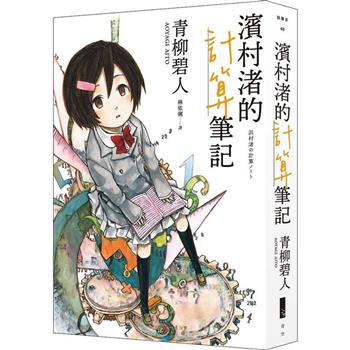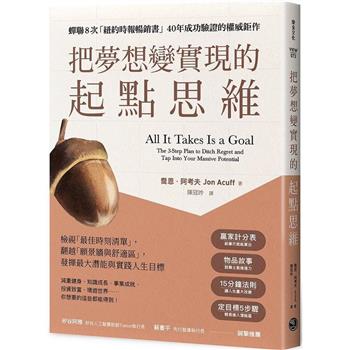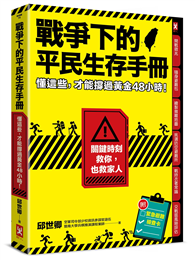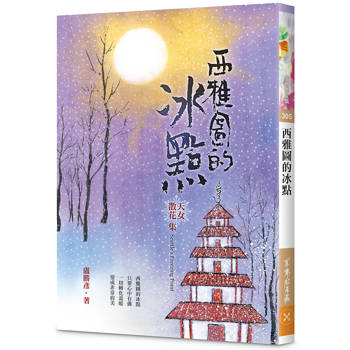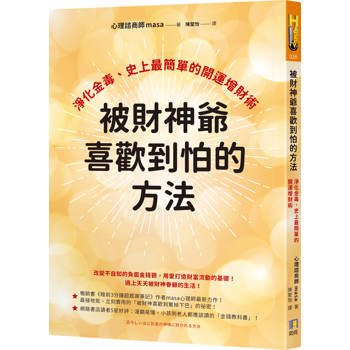Archives intersect with our lives in many ways. We have archives of our own, documenting family memories and histories. Then, there are larger archives that document different aspects of the past -- memories, identities, location, time, and space.
This volume explores changing notions of the archive in different areas, to trace the ways in which the archives continue to be used in history. It examines how history, the historian, and the archive interact in many ways to look at the past and record it. The chapters in this volume discuss an array of diverse and important themes regarding the making and usage of archives which include reconstructing pre-modern economic history from the Dutch archives; the role of India Office Records in the British Library; reading the Rungia Gosavi Affair in 1857 from colonial archives; and Uday Shankar’s Kalpana as archive besides the usage of archives to study nationalism, historiography and literature, water and Chola history, Mysorean invasions in Kerala, and cyberspace. The chapters also explore how archives impact and shape our investigations.
First of its kind, this important work will be of interest to scholars and researchers of archival studies, research methodology, archaeology, Indian history, ancient history, medieval history, modern India, anthropology, and history in general.


